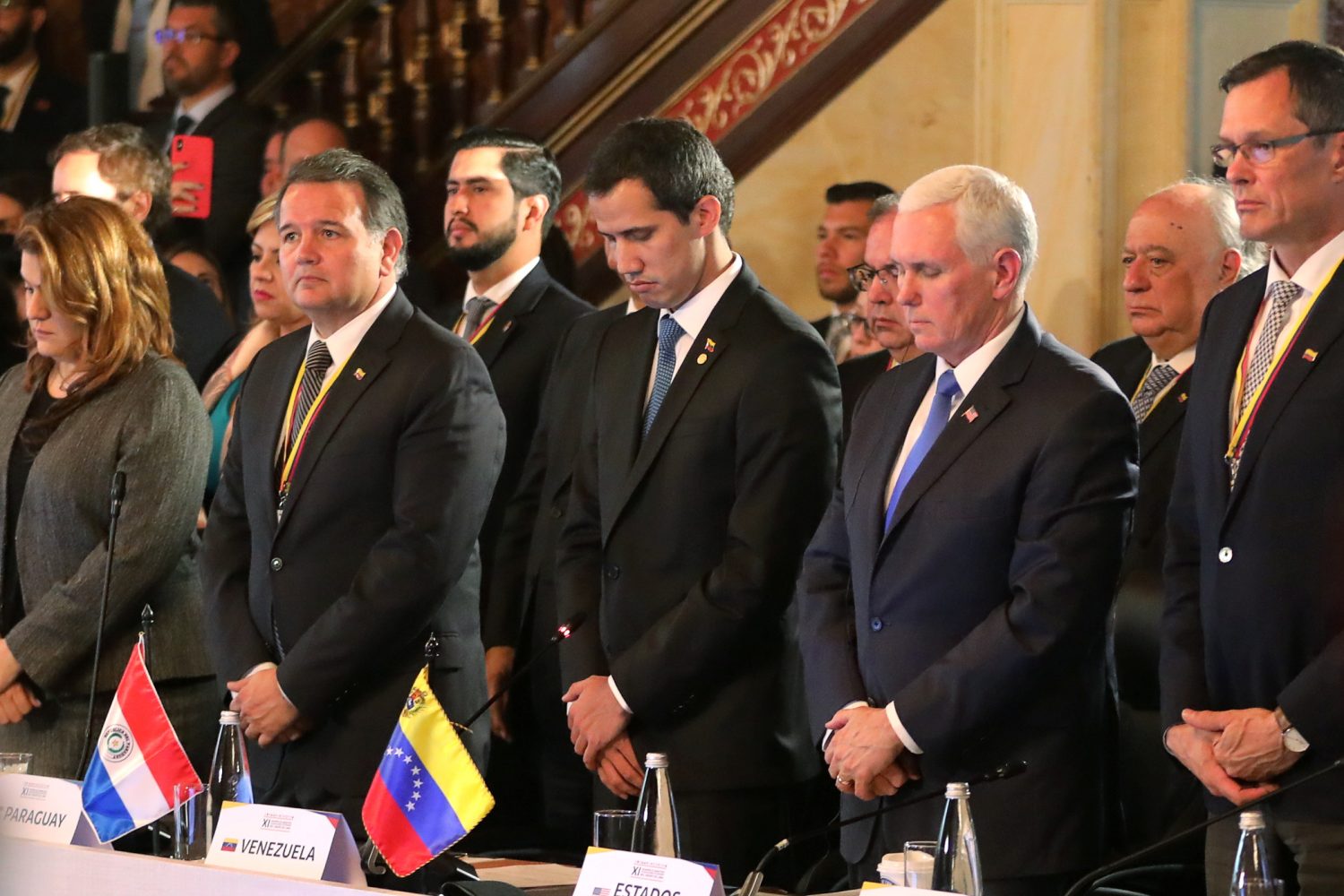
By Stephanie Nebehay
GENEVA (Reuters) – Chinese vice foreign minister Le Yucheng on Friday defended what China calls its vocational training centers in Xinjiang for Muslims and said its “campuses” would be closed down gradually as extremist ideology is vanquished in the region.
China has faced growing international opprobrium for the centers that U.N. experts describe as detention centers holding more than one million Uighurs and other Muslims. Beijing has said the measures are needed to stem the threat of Islamist militancy.
Le, addressing the U.N. Human Rights Council, said Xinjiang authorities had taken measures to crack down on “violent terrorist crimes” and adopt “deradicalisation measures”. There had been no violent terrorism for the last 27 months, he added.
“As the counter-terrorism situation improves, the training program will be gradually downsized, leading to its completion.
“Without our decisive measures, violent terrorist attacks would have escalated in Xinjiang and spread to other places in China…and other parts of the world,” Le told the Geneva forum.
Norway voiced dismay at what it said was China’s lack of transparency on religious minorities in Xinjiang and called for U.N. observers to be granted access to “places of internment”. Pakistan praised “China’s efforts to provide care to its Muslim citizens”.
Xinjiang is a vast region bordering central Asia that is home to millions of ethnic minority Muslims.
Adrian Zenz, a leading independent researcher on China’s ethnic policies, said on Wednesday that an estimated 1.5 million Uighurs and other Muslims could be held in the centers in Xinjiang, up from his earlier figure of 1 million. [nL8N2105O9]
‘EXTREMIST IDEOLOGY’
Le, asked how many people were in the centers and when China would close them, gave no figure but told reporters: “They will not be there forever, the purpose is to get rid of extremist ideology in Xinjiang.”
They are “not a concentration camp”, but rather “campuses”, he said, adding he had visited three Xinjiang centers last month which offer dormitories, a library and family visits.
Le rejected as interference recommendations from delegations concerning Xinjiang, but accepted those regarding the need to uphold religious freedom, free speech, and internet freedom.
Activists voiced outrage at China’s conduct at the U.N. review, held every five years, which Kai Mueller of the International Campaign for Tibet said made a “mockery of this important mechanism”. The forum reviews the rights records of every U.N. member state every five years.
John Fisher of Human Rights Watch said: “Under President Xi Jinping, Chinese authorities have reversed key legal gains, constricted space for independent civil society, and undertaken a campaign of arbitrary detention of Turkic Muslims that is unprecedented.
“An independent international assessment is urgently needed,” he said.
China’s claims that recommendations on basic freedoms have been accepted and already implemented are “insidious”, said Sarah Brooks of the International Service for Human Rights.
(Reporting by Stephanie Nebehay; Editing by Alison Williams and Frances Kerry)











